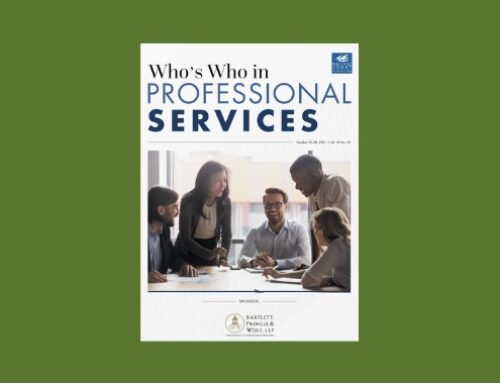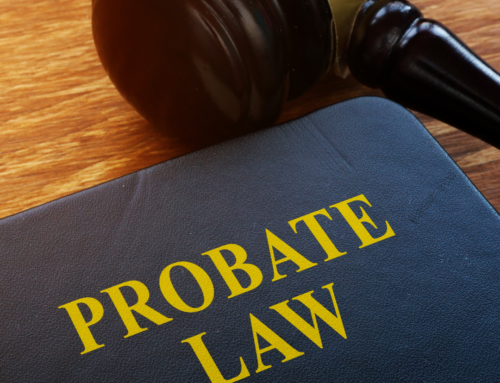California’s “Silenced No More Act” (SB 331) changed the Code of Civil Procedure and the Fair Employment and Housing Act (FEHA) to place additional limits on severance and settlement agreements. In light of the passing of SB 331, employers with California workers or remote workers in California have been directed to examine and update severance and settlement agreements.
SB 331 FAQs
- When did SB 331 go into effect? Agreements signed after January 1, 2022, are subject to SB 331.
- What are some key excerpts from SB 331?
- In the context of a settlement, SB 331 broadens prohibitions on nondisclosure. Additionally, as a result of SB 331, companies can no longer require their workers to sign any contract restricting their right to report illegal workplace behavior (such as a non-disparagement agreement or similar documents).
- Sexual harassment and sexism-based discrimination lawsuits can no longer be included in confidentiality terms in settlement agreements.
- SB 331 broadens the scope of prohibitions on discrimination, harassment, and retaliation to include all FEHA-based complaints and claims. According to SB 331, a settlement agreement can’t bar an employer from disclosing information relevant to any FEHA-related claims.
- Under the new legislation, a settlement agreement may not include a limitation on the disclosure of unlawful workplace activities unless the employer provides notice to the employee of his or her right to retain counsel. Essentially, employers that provide a severance agreement to a current or former employee must also inform the employee that they have the right to seek legal advice on the terms of the arrangement.
- The new rule mandates that businesses inform their employees that they have at least five days to review any separation or severance arrangements. While the employees have a right to review severance agreements for at least five days before they are finalized, signing the agreement before this five-day deadline is permitted.
- What documents do employers need to review right away, if they have not done so already?
- The following sorts of employment-related documentation should be reviewed and, if necessary, updated by the employer:
- Agreements for the termination of employment.
- Settlement agreements and typical releases of claims.
- Agreements prohibiting soliciting.
- Non-disclosure/confidentiality agreements.
- The following sorts of employment-related documentation should be reviewed and, if necessary, updated by the employer:
- What employer’s rights are protected under SB 331?
- A non-disparagement provision can still be included in severance and settlement agreements. Employees should be made aware that the agreement does not prevent them from discussing or revealing illegal activities at work. Thus, a non-disparagement provision in a severance or settlement agreement must include the following language:
- When it comes to discussing or exposing information regarding workplace misconduct, including harassment or discrimination, “nothing in this agreement precludes you from doing so.”
- According to former laws, a clause prohibiting the publication of the severance payment amount can be enforced in any agreement. There is nothing in SB 331 that changes this, and employers can decide to enforce this under settlement agreements.
- Even with SB 331, employers are not prohibited from safeguarding trade secrets, intellectual information, or sensitive data if those safeguards do not include criminal workplace behavior.
- A non-disparagement provision can still be included in severance and settlement agreements. Employees should be made aware that the agreement does not prevent them from discussing or revealing illegal activities at work. Thus, a non-disparagement provision in a severance or settlement agreement must include the following language:
Employers: What’s Next?
Employers must change their settlement and severance agreement templates immediately given that the law is already in place. California’s extensive legal safeguards for current and past workers are complex and employers should use caution while navigating these rules.
California employers may want to consult with legal advisers before signing settlement or separation agreements. Our office is located in downtown Santa Barbara, CA and we’d be happy to help.
DISCLAIMER: This Advisor is one of a series of business, real estate, employment, estate planning and tax bulletins prepared by the attorneys at Buynak, Fauver, Archbald & Spray, LLP. This Advisor is not exhaustive, nor is it legal advice. You should discuss your particular situation with us or with your own attorney. Our legal representation is only undertaken through a written engagement letter and not by the distribution or use of this Advisor.





